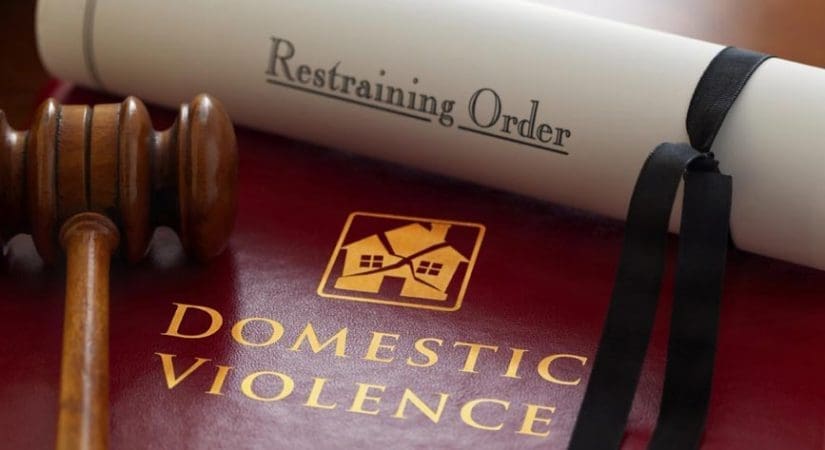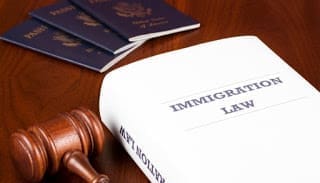HOW TO SETTLE FAMILY LAW DISPUTES?
Part I: Consent Orders.
In 2015, the Family Court of Western Australia received over 15,000 applications. The median time for a matter to reach trial is 89 weeks!
It makes logical sense to attempt to settle family law dispute amicably and properly formalise the settlement terms.
Importance of Formal Agreement
In the case of Eufrosin & Eufrosin [2014] FamCAFC 191, the wife was ordered to pay her estranged husband a sum of $500,000 following a gambling win despite the fact that the parties had been separated for more than five years and had made informal agreements and distributed the assets accordingly at the time of separation.
This case highlights the importance of finalising any agreement made to avoid claims in the future.
If there is transfer of ownership interest in real estate from one party to the other, this transfer in real property will be exempted from transfer duty if the agreement is formalised properly. This can be a significant savings.
Two Ways to Formalise Settlement
There are two ways you can finalise the property settlement upon separation by agreement:
- Apply to the Family Court for Consent Orders; or
- Entering into a Binding Financial Agreement.
This Part I of the article deal with Consent Orders.
What is a Consent Order?
In essence a consent order is a written agreement between both parties that is sealed and affirmed by a court. Once it is sealed by the Court, the Consent Orders become orders of the Court and are binding on the parties.
In Western Australia, consent orders are made by the Family Court of Western Australia and covers aspects such as property orders, parenting orders and spousal maintenance.
What are the benefits of Consent Orders?
The purpose of Consent Orders is to ensure that agreements between parties are in writing and affirmed by the court in order to avoid further disputes in future.
What Consent Orders can be made by the Court?
For orders related to property settlement and spousal maintenance, the Court must give consideration to whether the orders sort by the parties are just and equitable and will take into account all factors of the relationship such as the contributions of both parties to the relationship and the future needs of each party.
For orders related to parenting arrangements the Court will consider whether the orders made are proper and appropriate arrangements for the child and whether the orders are in the best interests of the child.
What is the Time Limit in applying for Consent Orders?
Consent orders may be filled any time after separation or within one (1) year after a divorce order has taken effect or two (2) years for breakdowns in a de facto relationship. If the parties have exceeded these time frames leave of the court may be obtained.
How long does it take for the Court to grant the Consent Orders?
Generally speaking, it takes around 6 weeks for the Family Court to review and seal the consent orders provided there are no complications.
There may be situations where the Court requires further information from the parties. This can cause delays in the application. Moreover, the Court may require the parties to attend hearing for further clarification.
Proper preparation of the Consent Orders can significantly reduce such delays and complications.
Before entering into Consent Orders
It is important that prior to entering into the Consent Orders you fully understand your rights and your entitlements, as well as the legal ramifications of entering into the consent orders. Do not agree to settle until you know, legally, what you are entitled to receive or keep.
You are entitled to make an informed decision as to whether or not to enter into the consent orders.
For more information regarding consent orders, please contact our lawyers at TANG LAW.
ABOUT THE WRITER
Kelvin Tang has over 14 years’ experience practising law in Western Australia. He is the founder and Principal Partner of Tang Law based in Perth, Western Australia. Kelvin is a Registered Migration Agent (MARN: 1386452) and has extensive experience in providing family law advice to clients, making divorce applications and applying for Consent Order. Kelvin is able to offer his clients clear and practical advice in relation to children’s disputes, property settlements between married and de-facto couples, spousal maintenance and child support.






